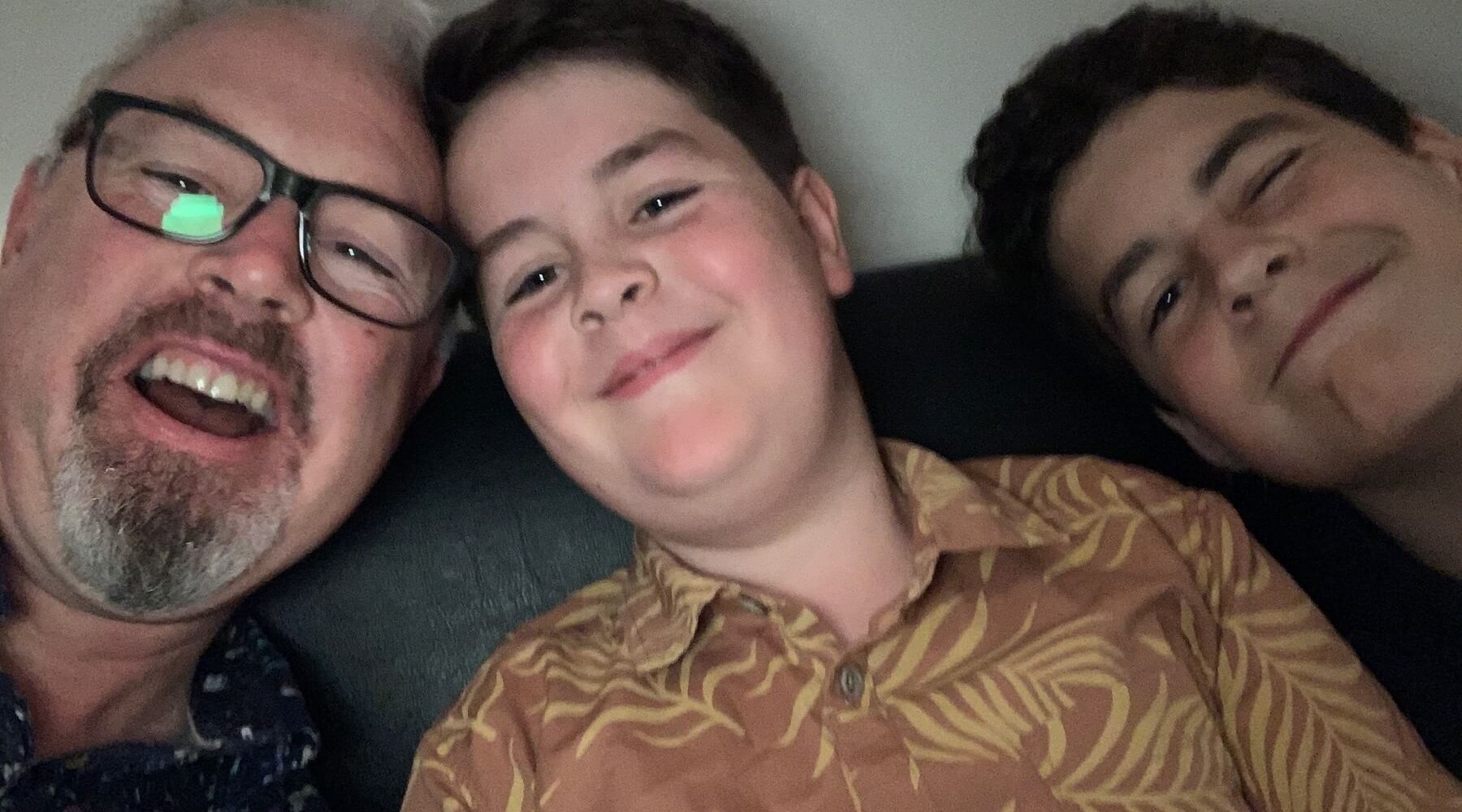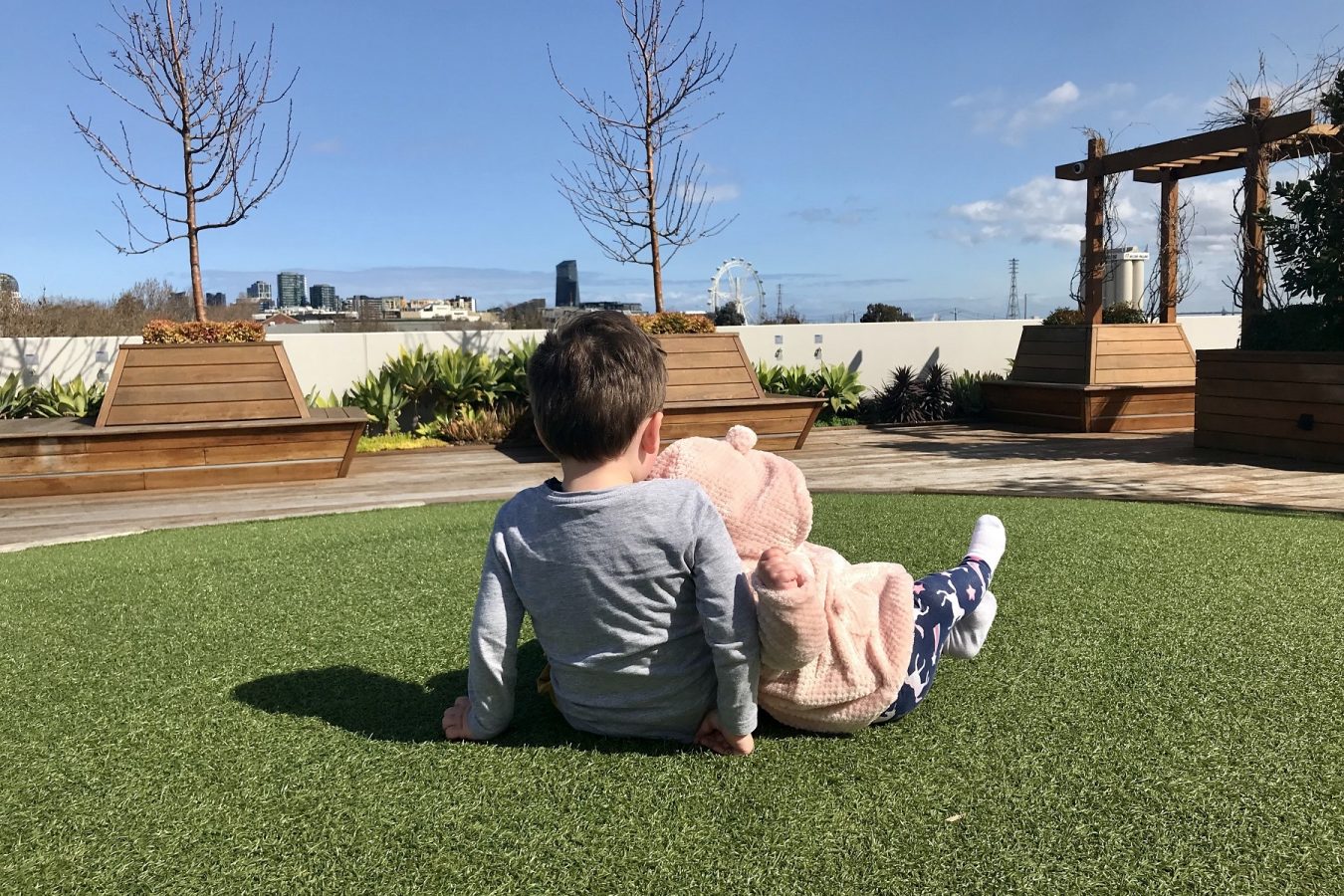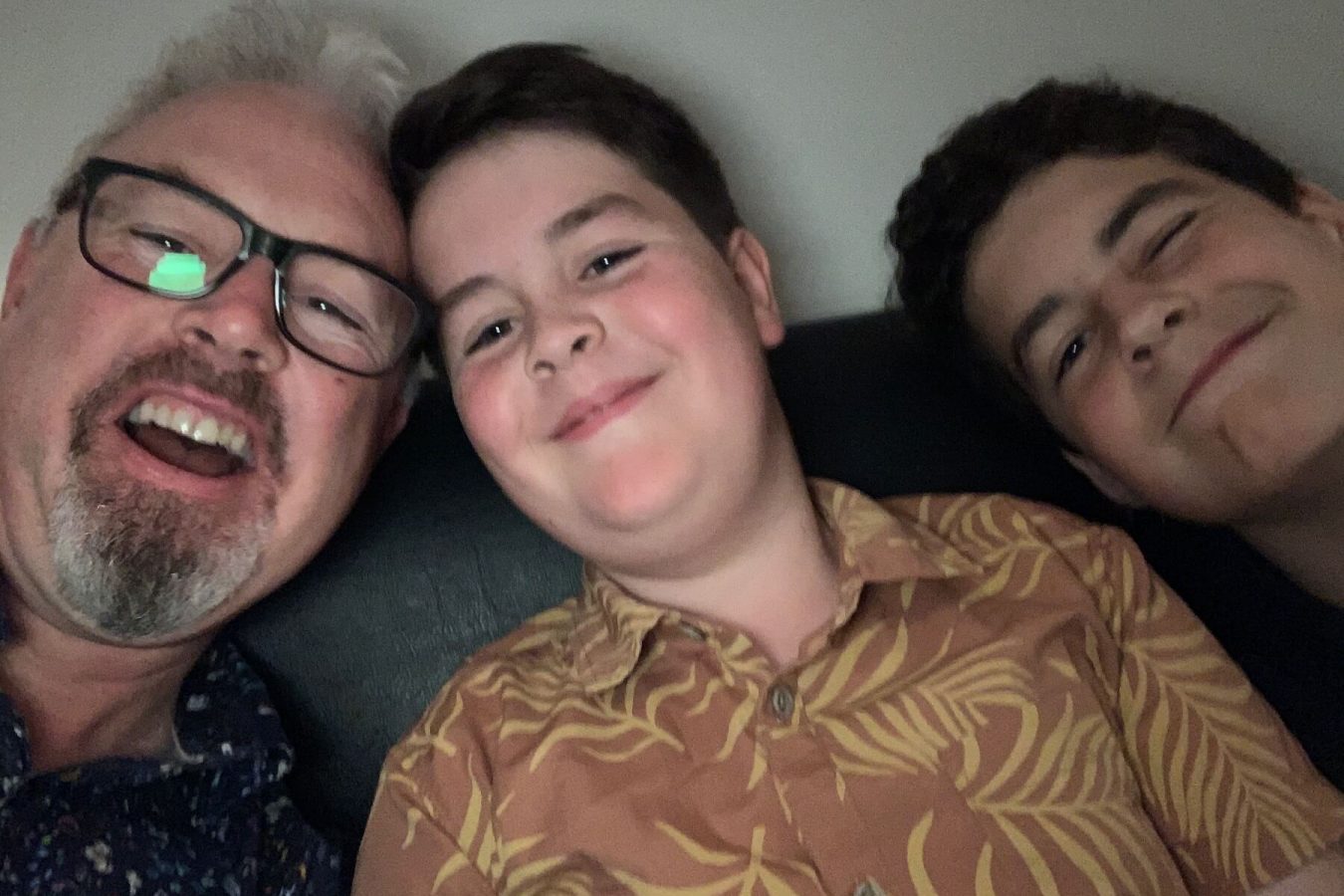
His eldest son has finally returned from the other side of the world, after a journey that has found Ruairi O'Duil's sense of being a father evolve. And not without some pain and heartache.
It’s amazing how long you can hold your breath. Especially when you don’t realise that you’re holding it.
The University Student finally arrived home on Friday night and the feeling of relief was as stunning in its intensity, as it was surprising in its actual existence.
Well, not ‘home’ if you mean a 25 metre² luxury cell in a Sydney hotel but ‘home’ if you mean the side of the world that we are on.
His home for the past seven months has been Amsterdam, his family, a motley crew of global venturers, who, like him, started the year with the spirit of exploration and growth of a university semester exchange in one of the most diverse and tolerant cities in the world. But who, like him, resisted parental entreaties to flee to safety and re-committed to independence and adventure.
His decision to stay was a milestone fatherhood moment for me. It was the moment, or rather the long series of moments, when the rubber of my aspiration to live up to Kahlil Gibran’s philosophy On Children met the gritty asphalt of letting the arrow fly.
‘Your children are not your children.
They are the sons and daughters of Life’s longing for itself.’
The notion of Fatherhood, particularly of sons, is stitched together with the threads of lofty intentions, to shape and mould, through instruction and hopefully, modelling, decent, kind, compassionate, successful and above all happy human beings.
But fundamentally, as fathers, our need is to protect. We need them to be safe. Because how would we endure the pain of their pain?
And so, in March, as the Spectre spread out across the world, shrouding us all in dread, my fatherhood had to evolve to its next level, acceptance that my son is his own man, his decisions are his, his consequences are his and my fears are my own.
You may give them your love but not your thoughts,
For they have their own thoughts.
And his thoughts were the best for him.
He resisted our entreaties and our threats, our clumsy moral blackmails and stayed.
He held his course. I held my breath.
He sheltered in place with his new tribe of fellow travellers and grew in confidence, in independence, in manhood.
He found friendship, love, new places. He got to travel, nowhere as widely as he had wanted to or hoped for, but in spite of, or because of, the compression of Covid, he has discovered the value of freedom. The suggestion of an international travel ban til 2024 has already prompted the lament, ‘I should never have come back.’
Of course, he was a man before he left, but he still lived in my house and was still my child.
You may house their bodies but not their souls,
For their souls dwell in the house of tomorrow
And even when he doesn’t live in my house he is still my child.
Trying to get him home was fraught.
The plan, crafted in the Before Times, when we believed in predictability, was that he would join us in Ireland to visit family and travel home with us mid-July.
That plan obviously didn’t fly, but his airline rescheduled his flight to 3 August, which would get him back in time to start his final semester.
They cancelled that flight on 1 August.
We chased flights for the next three weeks, wait listing and getting bumped until a WhatsApp call late on a Thursday night.
He’d been bumped again.
His friends had all returned home. He was out of his Uni accommodation and couch surfing with some random friend of a friend. He was powerless and despondent and homesick.
They are always your children. Their pain is always your pain, manhood or not.
I would have given my right arm for the power of teleportation at that moment.
I settled for a credit card.
I bought the last business class flight into Australia before October.
Dad power.
And now he is home. Almost. Just a few more days, a mere inconvenience.
And I can breathe again.
My Father’s Day gift to myself will be late this year but, soon, I will hug him until my arms go numb.
Kahlil Gibran – 1883-1931
And a woman who held a babe against her bosom said, Speak to us of Children.
And he said:
Your children are not your children.
They are the sons and daughters of Life’s longing for itself.
They come through you but not from you,
And though they are with you yet they belong not to you.
You may give them your love but not your thoughts,
For they have their own thoughts.
You may house their bodies but not their souls,
For their souls dwell in the house of tomorrow, which you cannot visit, not even in your dreams.
You may strive to be like them, but seek not to make them like you.
For life goes not backward nor tarries with yesterday.
You are the bows from which your children as living arrows are sent forth.
The archer sees the mark upon the path of the infinite, and He bends you with His might that His arrows may go swift and far.
Let your bending in the archer’s hand be for gladness;
For even as He loves the arrow that flies, so He loves also the bow that is stable.
From The Prophet (Knopf, 1923). This poem is in the public domain.
Like this post? Please share using the buttons on this page.
About Ruairi O'Duil
Ruairi O’Duil is a Melbourne reflexologist and father who has been offering his insights into family life during the pandemic.
Subscribe to The Parents Website

